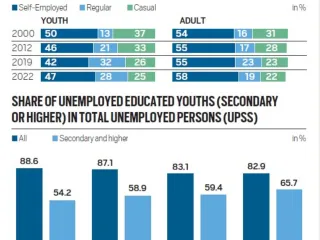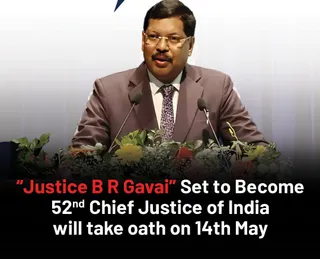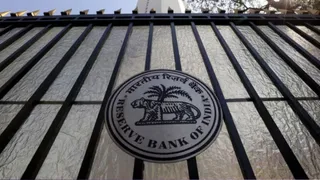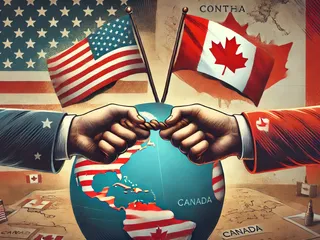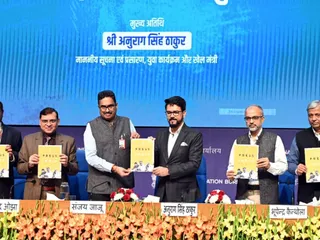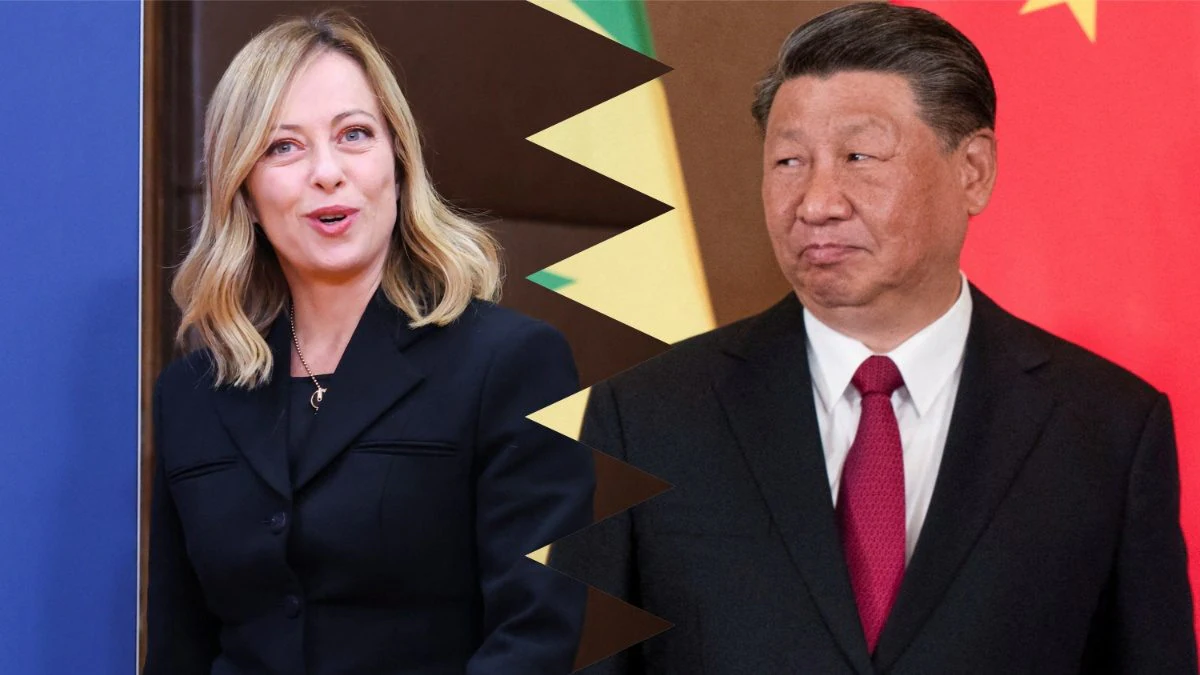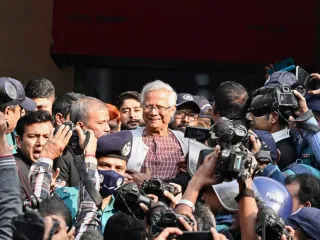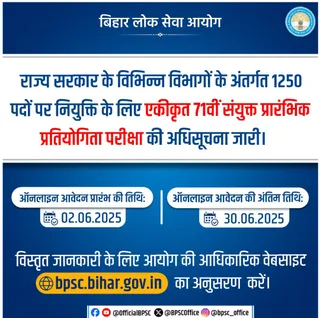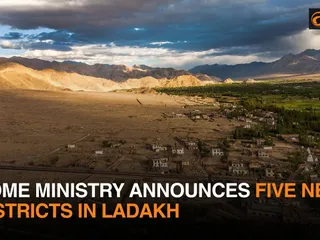The intersection of governance, security, and diplomacy is increasingly complex in the digital age. The rapid advancement of technology, particularly in communication and information sharing, has amplified the reach and impact of diplomatic efforts, while simultaneously presenting new security challenges and requiring adaptations to governance structures.
Challenges and Opportunities
Amplified Communication: Social media and other digital platforms have democratized communication, allowing governments and other actors to engage directly with citizens worldwide. This presents opportunities for public diplomacy and increased transparency, but also risks of misinformation, disinformation, and foreign interference.
Cybersecurity Threats: The interconnected nature of cyberspace exposes governments and organizations to a wide range of cyber threats, from data breaches to state-sponsored attacks. Effective cybersecurity measures are crucial for maintaining national security and protecting sensitive information.
Evolving Governance Structures: Existing governance frameworks struggle to keep pace with the rapid evolution of technology. International cooperation and the development of new norms and regulations are needed to address the challenges posed by cyberspace.
New Forms of Diplomacy: Digital technologies have created new avenues for diplomatic engagement, including virtual summits, online consultations, and targeted social media campaigns. These approaches require sophisticated understanding of online communication strategies and effective risk management.
Addressing the Challenges
Effective strategies for navigating this complex landscape require:
- Strengthening Cybersecurity Infrastructure: Investing in robust cybersecurity measures to protect critical infrastructure and sensitive data.
- Promoting Media Literacy: Equipping citizens with the skills to critically evaluate information and identify misinformation.
- Fostering International Cooperation: Collaborating with other nations to develop common standards and regulations for cyberspace.
- Adapting Diplomatic Strategies: Utilizing digital technologies effectively to enhance public diplomacy and engage in strategic communication.
The interplay between governance, security, and diplomacy in the digital age demands continuous adaptation and innovation. By understanding the challenges and opportunities presented by this evolving landscape, nations and organizations can work towards a more secure and interconnected future.
Further Reading:
(Note: Specific links to academic articles and reports would be included here, based on current research.) For example, one could search for relevant publications from the Council on Foreign Relations or similar organizations.

